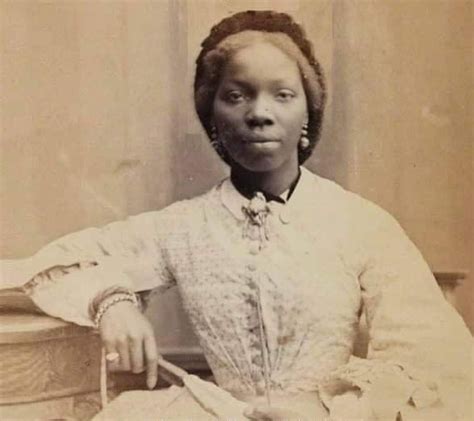Phillis Wheatley: A Tale for All Americans; The Unusual Beginnings of an Unassuming Genius Part I
by Phyllis Jernigan, Contributing Writer 08/16/2023

Phillis Wheatley
Phillis Wheatley holds the distinction of being the first Black poet and the second female poet in America. Born in 1753 in the Senegambia region of West Africa, her life took an unexpected turn when she was kidnapped by slave traders at the tender age of seven. Branded with the name of the ship that carried her, The Phillis, she was forcibly transported to Boston, Massachusetts. However, her journey was fraught with hardship and suffering, as neglect, malnutrition, and unhygienic conditions aboard the slave ship had left her sickly upon arrival.
It was at the docks of Boston that Phillis Wheatley’s life took an unexpected twist. Susanna Wheatley, the wife of John Wheatley, a prosperous Bostonian tailor, noticed the frail young girl amidst the chaos. According to Margaretta Matilda Odell’s Memoir and Poems of Phillis Wheatley, “Mrs. Wheatley wished to obtain a young negress, with the view of training her up under her own eye, that she might, by gentle usage, secure to herself a faithful domestic in her old age.” In the eyes of the Wheatleys, Phillis appeared ill-suited for arduous labor, and despite her ragged attire—a long piece of dirty carpet serving as a makeshift dress—and her missing front teeth, they saw in her a potential for a different path.
Though Phillis Wheatley had little recollection of her time in the Gambia, she shared one memory—a simple act of her mother pouring out water before the rising sun. This memory was possibly of her mother offering prayers to the sun. The Serer people of West Africa prayed to the sun or “Gulooxar.” It is interesting to speculate how Phillis’s writing might have been influenced were she able to explore the traditions of her people.

It is important to acknowledge that despite the Wheatleys’ efforts to educate Phillis, their approach was rooted in an assimilation mindset prevalent during that era. Their primary focus was to mold Phillis into a domestic servant who could assimilate into the white-dominated society. While the Wheatleys provided Phillis with an excellent education for the time, there was a clear separation between her and the upper-class Boston society. Her intellectual achievements were admired, but her differences, both racially and socially, remained plain. This contrast highlights a significant shift in our modern understanding of inclusiveness, where we strive not only to educate individuals from marginalized communities but also to celebrate their unique identities and create equitable opportunities for all.
Nevertheless, the Wheatleys did provide Phillis with a supportive environment and rare access to knowledge in that time and place.. Thriving under the tutelage and guardianship of her owners, Phillis began to exhibit a natural affinity for the written word. She learned to read and write, often using a piece of chalk or charcoal to trace letters and figures on walls and stationery. The Wheatleys, known for hiring tutors for their own children, encouraged Phillis to join them in their studies. Within a remarkably short span of sixteen months, she embarked on a journey of learning that encompassed the Bible, astronomy, geography, history, British literature, and the classics of ancient Rome and Greece. In essence, Phillis received an education that was typically reserved for wealthy White children.
However, it is essential to note that despite her intellectual prowess, Phillis was still relegated to domestic chores, reminding her of her separateness from the upper-class Boston society. This distinction, even in the face of admiration for her intellect, underscored the racial and class disparities prevalent in colonial times.
How did she manage to straddle the stark lines of race and class? How did she handle being an accomplished poetess and a female slave? Stay tuned for Part 2 of this series, where we will delve into Phillis’s literary achievements and the challenges that faced her as she fought for her place in literature and history.



No Comments so far
Jump into a conversationNo Comments Yet!
You can be the one to start a conversation.Only registered users can comment.